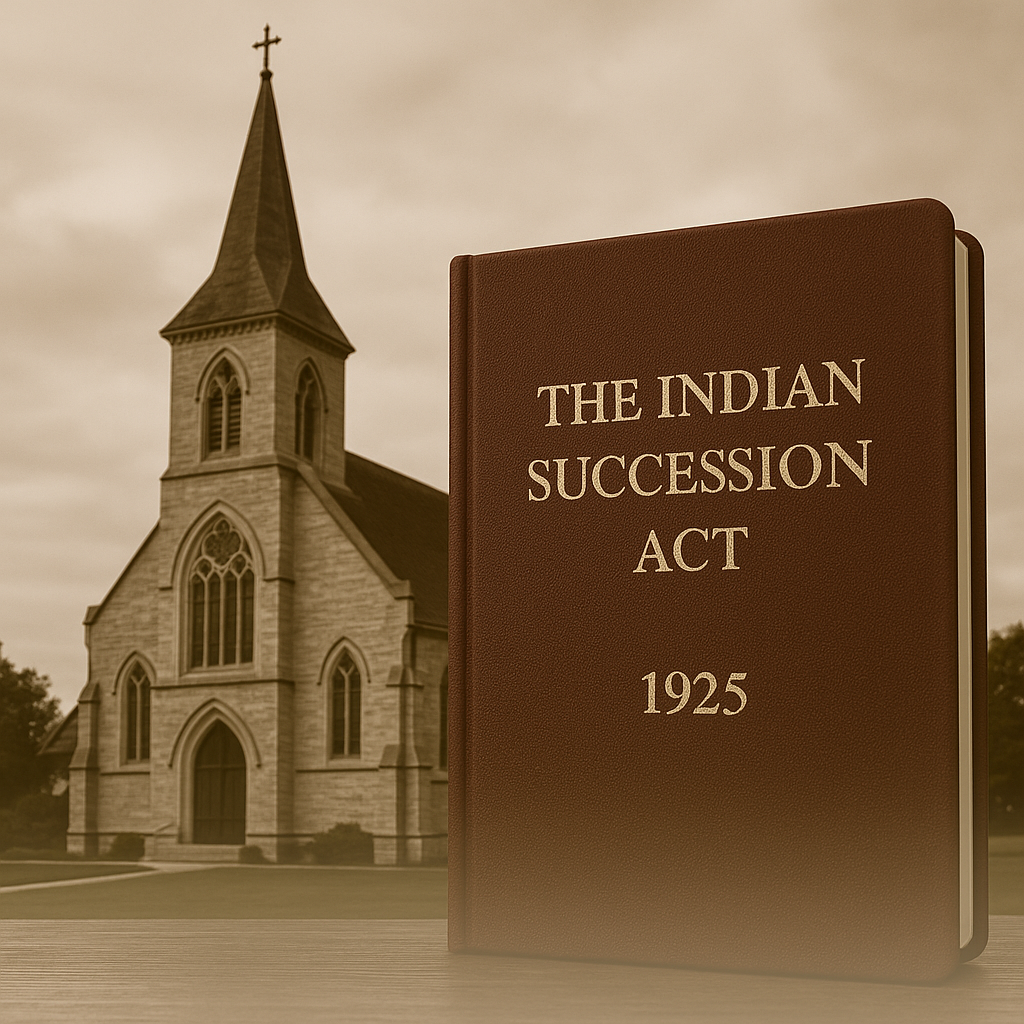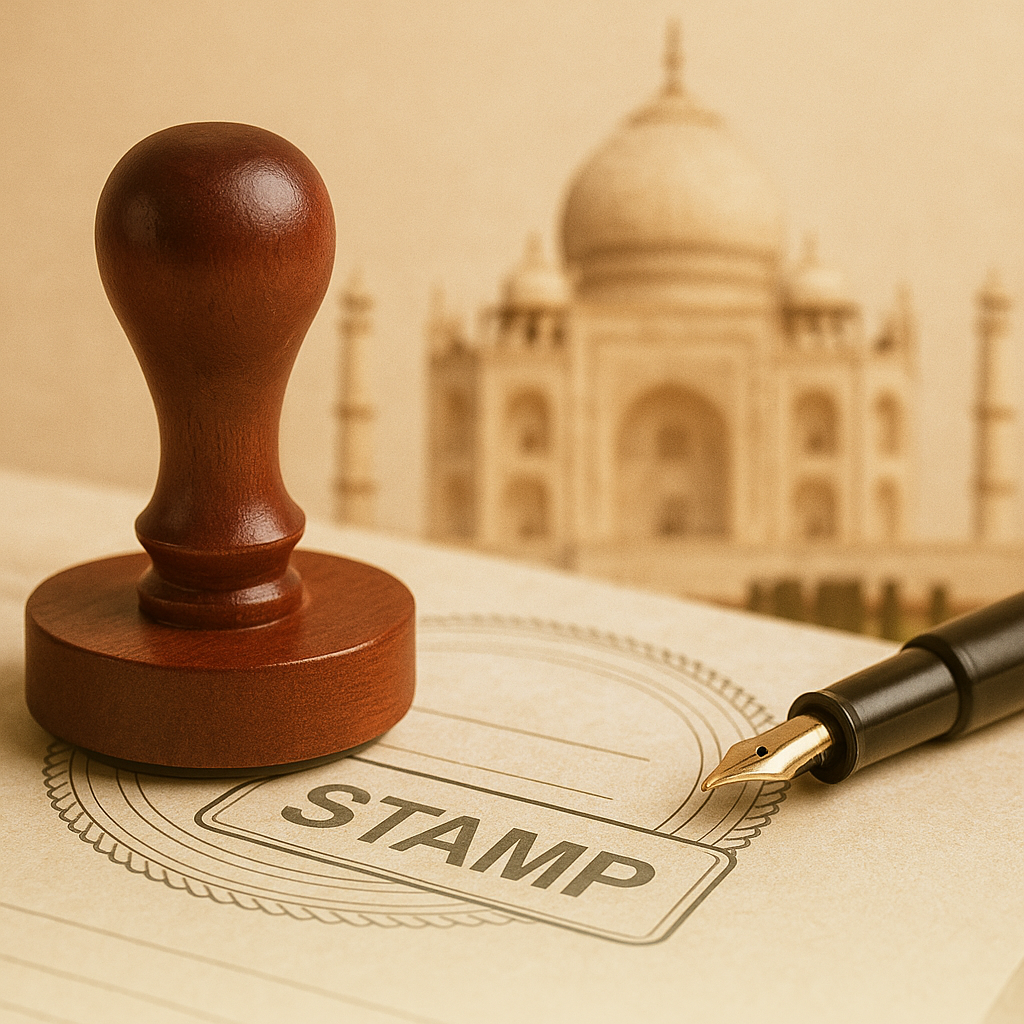Introduction to Wills in India
A Will is a legal document that allows an individual to specify how their assets and properties should be distributed after their death. It represents the testator’s (the person making the Will) final wishes regarding the disposition of their property and can also include instructions for the care of minor children, funeral arrangements, and other personal matters.
In India, creating a Will is one of the most effective ways to ensure that your hard-earned assets are transferred according to your wishes, preventing potential family disputes and legal complications. Despite its importance, many Indians avoid planning their Will due to superstition, procrastination, or simply a lack of awareness about the process.
Is Registration of a Will Mandatory in India?
Under the Indian Succession Act, 1925, registration of a Will is not mandatory in India. A Will can be valid without registration as long as it meets the essential requirements of a valid Will:
- The testator must be of sound mind
- The Will must be signed by the testator
- It should be attested by at least two witnesses
- The testator should not be under any coercion or undue influence
However, while registration is optional, an unregistered Will carries certain risks and limitations. Courts may scrutinize unregistered Wills more closely, especially if their authenticity is challenged by potential heirs.
Difference between Registered and Unregistered Wills
Registered WillRecorded in government records
Higher legal credibility
Difficult to tamper with
Registration fees apply
Additional procedural steps required
Unregistered Will
Not recorded in official records
May face authenticity challenges
More vulnerable to forgery allegations
No registration cost
Simpler to execute
Benefits of Registering a Will
While not mandatory, registering your Will offers several significant advantages:
Legal Authenticity
A registered Will carries greater legal weight as the registration process involves verification of the testator’s identity and voluntary execution of the document. The Sub-Registrar maintains official records of the Will, which serves as evidence that the document is genuine.
Reduces Chances of Disputes or Forgery
The registration process reduces the possibility of fraud, forgery, or tampering with the Will after the testator’s death. The official record makes it difficult for anyone to present an altered or fabricated version of the original Will.
Simplifies the Probate Process
When a registered Will is submitted for probate (the legal process of validating a Will), courts generally view it with less suspicion. This can expedite the probate process and facilitate smoother transfer of assets to the beneficiaries.
Safe Custody
The Sub-Registrar’s office maintains a copy of the registered Will in their records, which serves as a backup if the original document is lost, destroyed, or tampered with.
Step-by-Step Process to Register a Will
1. Drafting the Will
The first step is to prepare a properly drafted Will document. While you can write it yourself, it’s advisable to consult a legal professional to ensure it addresses all legal requirements and clearly expresses your intentions. The Will should:
- Clearly identify the testator
- List all assets and properties being bequeathed
- Name the beneficiaries precisely
- Appoint an executor (person responsible for executing the Will)
- Include provisions for contingencies (like the death of a beneficiary)
- Be drafted in simple, unambiguous language
2. Appointment of Witnesses
Select at least two witnesses who will attest your Will. The witnesses should:
- Be adults of sound mind
- Not be beneficiaries under the Will (to avoid conflicts of interest)
- Be present simultaneously when you sign the Will
- Sign the Will in your presence
3. Visiting the Sub-Registrar Office
Once the Will is drafted and witnessed, you need to visit the Sub-Registrar’s office having jurisdiction over either:
- The area where the testator resides, or
- The area where the property mentioned in the Will is located
It’s advisable to call ahead and schedule an appointment to avoid long waiting times.
4. Submitting Documents
At the Sub-Registrar’s office, you’ll need to submit:
- The original Will document (typed or handwritten)
- Two copies of the Will
- Identity and address proof documents
- Passport-sized photographs
- Witnesses’ identity proofs
5. Paying Registration Fees
The registration fee varies from state to state in India but typically ranges from Rs. 1,000 to Rs. 5,000. Some states may also charge additional stamp duty based on the value of the property mentioned in the Will. It’s advisable to check the current fee structure in your state before proceeding.
6. Recording of Will
During the registration process, the testator must:
- Appear in person before the Sub-Registrar
- Acknowledge that they have executed the Will voluntarily
- May be required to read out the Will or have it read out in their presence
- Confirm that the contents accurately reflect their wishes
7. Receiving the Registered Will
After completing the registration process, the Sub-Registrar will:
- Affix their seal and signature on the Will
- Make an entry in the registration records
- Return the original registered Will to the testator
- Maintain a copy in their records
Key Documents Required for Will Registration
To ensure a smooth registration process, gather these essential documents beforehand:
For the Testator
- Identity Proof: Any of the following – Aadhaar Card, PAN Card, Voter ID, Passport, or Driving License
- Address Proof: Utility bills, bank statements, or any government-issued document with address
- Passport-sized Photographs: Usually 2-3 recent photographs
- The Will Document: Preferably typed, though handwritten Wills are also accepted
For the Witnesses
- Identity Proofs: Similar to those required for the testator
- Address Proofs: Documents establishing current residence
Other Documents
- Property Documents: While not mandatory, having documents related to properties mentioned in the Will can be helpful
- Medical Certificate: In cases where the testator’s mental capacity might be questioned (elderly or ill persons), a doctor’s certificate attesting to sound mental health can strengthen the Will’s validity
Who Can Register the Will?
The Testator
Ideally, the testator should register the Will personally during their lifetime. This ensures that the Will’s authenticity is established directly by the person creating it.
After the Testator’s Death
If the testator did not register the Will during their lifetime, the following persons can present it for registration after the testator’s death:
- The Executor named in the Will
- Any Person claiming as a representative of the deceased testator
However, posthumous registration must be done within specific time limits and follows a different procedure that may require additional legal steps, including obtaining a court order in some cases.
Important Legal Provisions Related to Will Registration
Understanding the legal framework governing Will registration can help you navigate the process more effectively:
Registration Act, 1908
- Section 18(c): Specifies that Wills are among the documents that can be registered (optional registration)
- Section 40: Details the persons who can present documents for registration
- Section 41: Outlines special provisions applicable to Wills
Indian Succession Act, 1925
- Section 57: Deals with the application of certain provisions to Wills
- Section 63: Specifies execution requirements for unprivileged Wills
- Section 71: Covers revocation of Wills and codicils
Hindu Succession Act, 1956
While not directly governing the Will registration process, this Act is relevant in determining the succession rights of Hindus, Buddhists, Jains, and Sikhs.
Frequently Asked Questions (FAQs)
Can a Will be registered after the death of the testator?
Yes, a Will can be registered after the testator’s death. However, the process is more complex and requires:
- Presentation by the executor named in the Will or a person claiming as a representative of the deceased
- Application within the prescribed time limit (usually within five years of the testator’s death)
- In some cases, obtaining a court order authorizing registration
Can a registered Will be challenged?
Yes, even a registered Will can be challenged in court on grounds such as:
- The testator was not of sound mind when making the Will
- The Will was executed under coercion, fraud, or undue influence
- The Will does not comply with legal formalities (proper signature, witnessing, etc.)
- There’s evidence of forgery or tampering
However, challenging a registered Will is generally more difficult than contesting an unregistered one due to the higher presumption of authenticity that registration provides.
How to revoke or modify a registered Will?
A testator can revoke or modify a registered Will through:
- Creating a new Will: A clear statement in the new Will that all previous Wills are revoked
- Executing a codicil: A supplementary document that adds to, modifies, or revokes part of an earlier Will
- Physical destruction: Tearing, burning, or otherwise destroying the Will with the intention to revoke it
Any new Will or codicil should ideally also be registered to avoid confusion and ensure its authenticity.
What if a Will is lost or destroyed?
If a registered Will is lost or destroyed:
- A certified copy can be obtained from the Sub-Registrar’s office where it was registered
- This certified copy is admissible as evidence in court proceedings
- For unregistered Wills that are lost, proving their contents becomes significantly more challenging and may require witness testimony or other corroborating evidence
Is a typed Will better than a handwritten one?
Both typed and handwritten (holographic) Wills are legally valid in India. However:
- Typed Wills are generally clearer and less prone to interpretation issues
- Handwritten Wills may have stronger evidentiary value in proving authenticity if disputed
- The key requirement for both is proper execution (signature and attestation)
Can I register my Will online?
Currently, complete online registration of Wills is not available in India. The physical presence of the testator at the Sub-Registrar’s office is a mandatory requirement. However, some states allow online appointment booking for the registration process.
Conclusion
While registering a Will is not legally mandatory in India, it provides significant benefits in terms of authenticity, security, and easier probate proceedings. The registration process, though involving several steps, is relatively straightforward and provides substantial peace of mind to the testator.
By registering your Will, you’re taking an important step toward ensuring that your assets are distributed according to your wishes after your lifetime. This simple act can save your loved ones from potential disputes, legal complications, and emotional stress during an already difficult time.
Remember that while this guide provides a comprehensive overview of the Will registration process in India, legal matters can be complex and situation-specific. It’s always advisable to consult a qualified legal professional to ensure your Will meets all legal requirements and adequately protects your family’s interests.
By planning ahead and properly documenting your wishes through a registered Will, you’re not just organizing your financial legacy—you’re also providing clarity and direction to your family when they need it most.

















